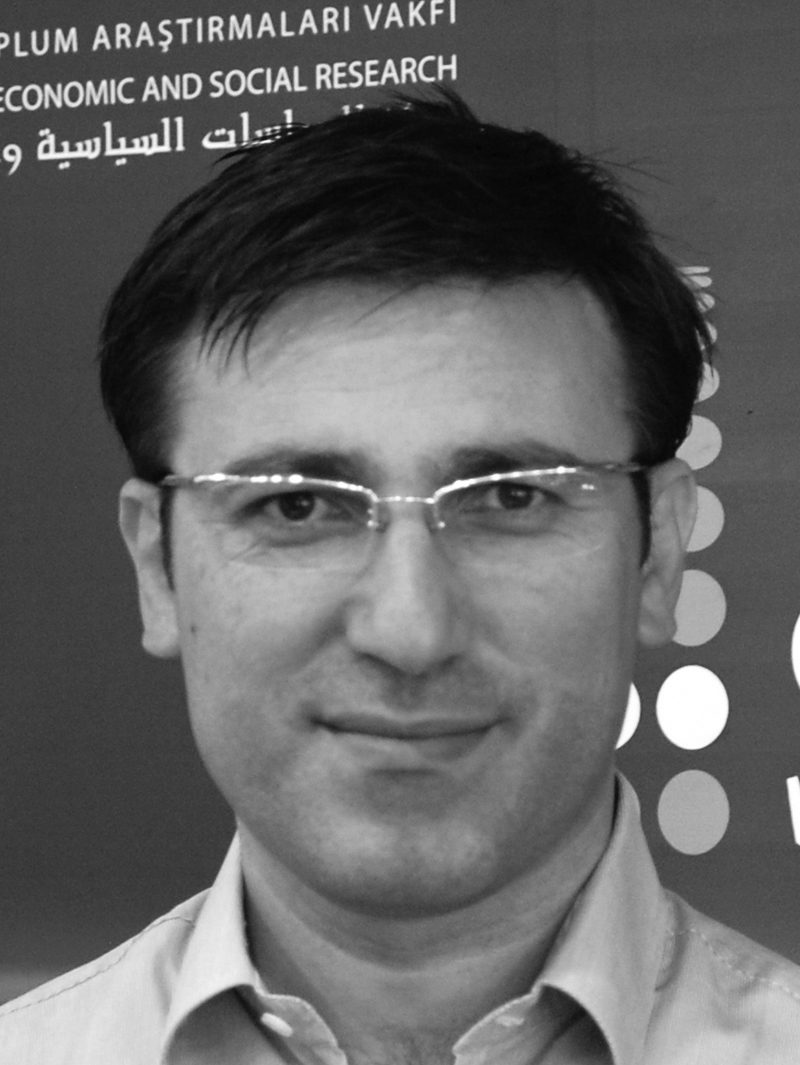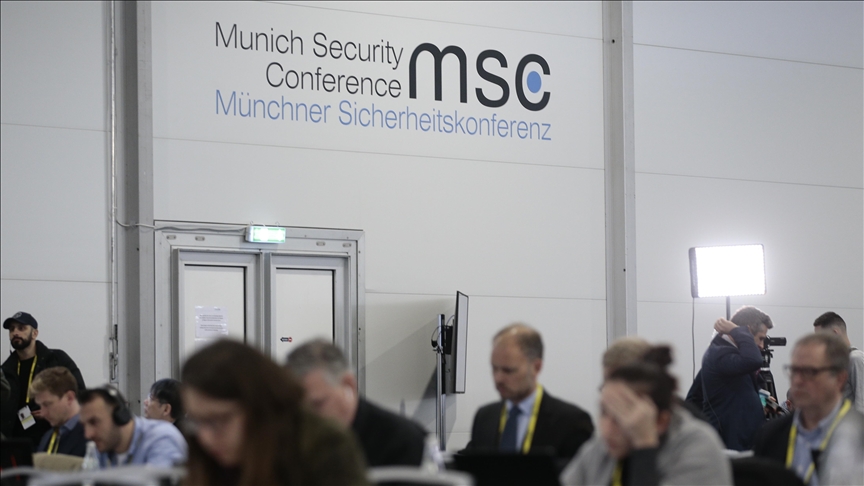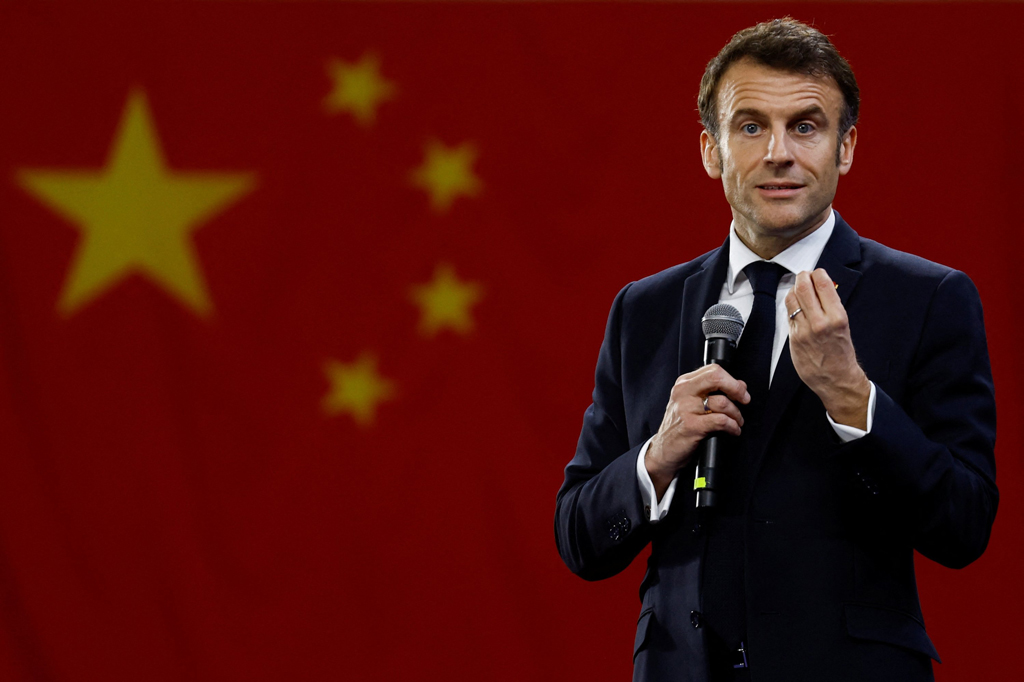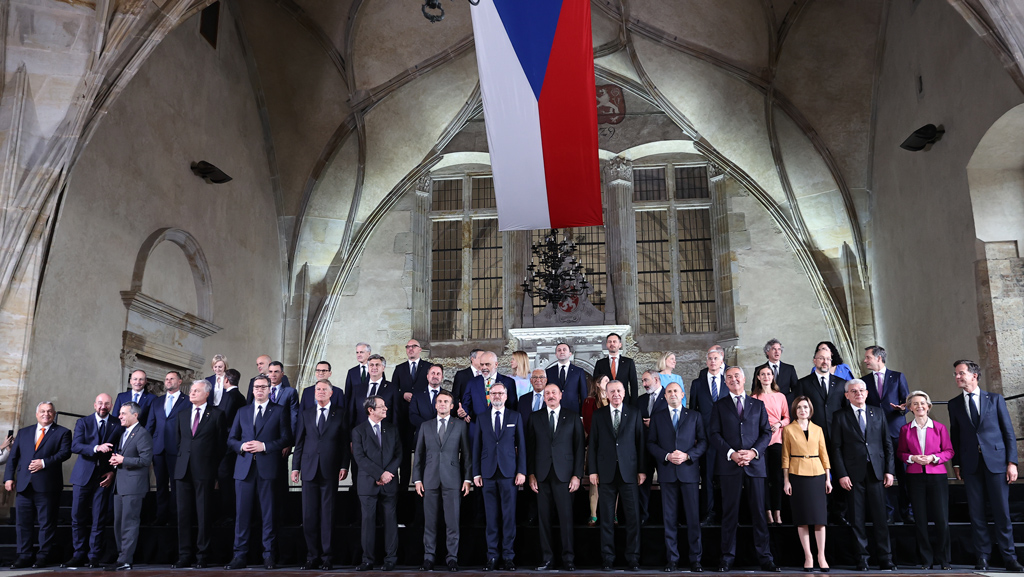What do Turks in Europe think about the European Union identity? How do they define the EU? How do they see the image of Turkey in Europe? How far do they support Turkey's EU membership? Are they prepared to contribute to Turkey's efforts for full membership? This article will address such questions based on research findings surveying 100 Turkish civil associations in the Netherlands.
Civil society organizations are among the most influential actors of political pressure and social transformation in modern societies. They have the potential for mobilizing great masses as sociopolitical actors that contribute to the consolidation of a democratic and pluralistic society in which all actors are represented. Civil society organizations play an important role in the social, political and economic reconfiguration of the world today. Turks in Europe have established numerous civil society organizations, which have great potential power as far as their human resources, financial structures and sociocultural and economic networks are concerned. In recent years some of these European Turkish civil society organizations have started to expend efforts on building positive public opinion on Turkey, transmitting modern achievements of Turkey to Westerners and establishing a strong bridge between Turkey and Europe. Although there are numerous Turkish civil society organizations and hundreds of activities in many quarters of Europe, it seems that Turkey has not mobilized these actors efficiently as far as Turkey's image in Europe and its EU membership are concerned.
Now let us examine research results concerning the above-mentioned questions. First, we need to see how Turkish civil organizations define themselves in the Dutch context. Research findings suggest that the majority of Turkish organizations define their institutional identity with hyphenated terms, indicating that Turks are developing hybrid identities in the Netherlands because they not only see themselves as Turks but also as Dutch. Thus, 90.7 percent cooperate with similar Dutch organizations and establish relations with local and national media, political parties and trade unions. An overwhelming majority (94.4 percent) of Turkish civil organizations in the survey support the integration of Turks into mainstream Dutch society. Turkish civil associations in the Netherlands show great interest in Turkey's full membership in the EU and 88.9 percent support Turkey's EU membership as a process that is in the interest of Turkey.
Given the history and cultural heterogeneity of Europe, it seems to be very difficult to define European identity. No consensus has been reached on the definition and meaning of European identity until now. However, Turkey's membership in the EU, with a predominantly Muslim population, led to numerous discussions focusing on issues of identity. Identity of the EU is frequently discussed in the European public square, the media and political circles in relation to Turkey's possible membership because Turkey is usually portrayed as a country that doesn't belong to the European family. Those who oppose Turkey's EU membership in particular emphasize the Christian roots of European civilization and argue that Turkey should not be accepted as a member of the EU because the majority of Turks subscribe to a different religion.
Despite this opposition on cultural and religious grounds, the widespread perception of the EU identity among Turks in the Netherlands is not based on religious and cultural factors. Turks mostly consider the EU identity on the grounds of democracy, economic cooperation, and political and regional partnership. The majority of Turkish associations (79.6 percent) in the Netherlands see the EU as a political and economic union, not as a cultural or religious entity. Only 11.1 percent describe the identity of the EU in cultural terms and see it as a “Christian Union.” When some EU leaders and politicians emphasize the cultural dimension of EU identity, Euroturks react to this r








